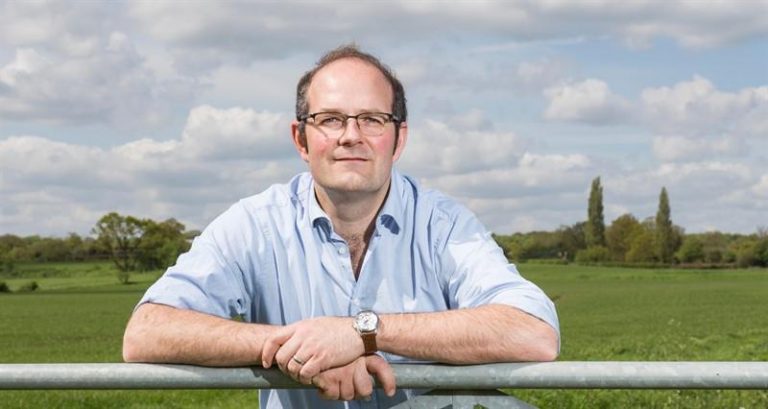Hepworth’s Arcade project progresses thanks to grant
Watkin Jones sells portfolio of PRS assets
Contractor selected for Lincolnshire children’s home
New approach agreed for The Seam – Barnsley’s Digital Campus
Hull firm on track to complete first phase of £3m sewage and flood defence system
Government cash backs new scheme to create more Ofsted child minders in North Lincolnshire
Chamber highlights need for skills support in South Yorkshire
Science unlocks secrets for small firms in ‘highly successful’ four-year project
A four-year project designed to give SMEs access to some of the world’s most advanced scientific analysis has been declared a major success by academics at the University of Bradford.
Small firms win record amount of Government work reveals Cabinet Office
“One in three pounds of public money is spent on public procurement, which is why through the Procurement Bill we are improving the way it is regulated to save the taxpayer money and drive benefits across every region of the country.”
Under new rules all departments and public bodies are required to consider SMEs when designing their procurements, meaning that more SMEs will get to compete for and win government contracts through simpler and more flexible regulations. The new rules also include:- Greater visibility of upcoming work, giving SMEs more time to gear up for bidding
- A new central platform showing future work in each area. This means for example a new SME tech firm in Lancashire will be able to search for tech opportunities upcoming in their region
- Creating one single website to register on, rather than the multiple and time consuming systems SMEs currently have to register on before bidding for work
- Reducing unnecessary insurance costs before a supplier has even bid for a contract
- A new Competitive Flexible procedure, which will allow contracting authorities to design more innovation into the process.
- Strengthening prompt payment, so that businesses throughout the public sector supply chain receive payment within 30 days












